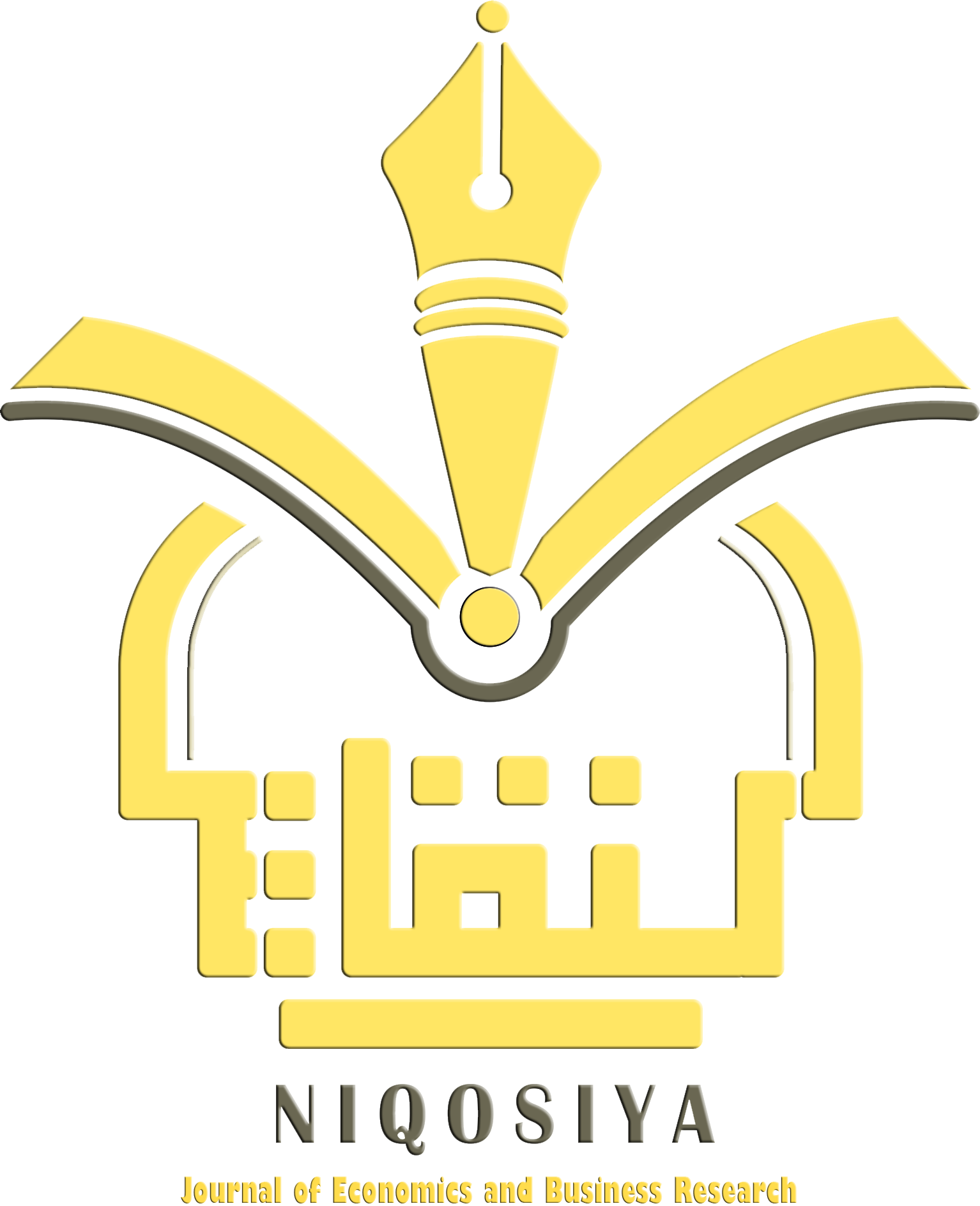Pembiayaan Berparadigma Green Financing Dalam Pengembangan Ekonomi Berkelanjutan
Abstract
Introduction: This study aims to explore the green financing paradigm in the context of Islamic banking and to analyze the implementation of green financing in the Islamic banking sector in Indonesia. The green financing paradigm refers to a financial approach that considers aspects of environmental sustainability in the context of channeling funds based on Sharia principles. Research Methods: The methods used in this study include literature analysis to understand the concepts and theories related to green financing in Islamic banking and analysis of financial statements of PT BSI and PT BCA Syariah to explore the implementation of green financing in these institutions. Results: This study identifies the extent to which Islamic banks in Indonesia have adopted the green financing paradigm, the factors that influence its implementation, and its impact on environmental and social sustainability in Indonesia. Conclusion: This research is expected to provide an in-depth understanding of the role of Islamic banking in supporting sustainable development, particularly in the environmental context in Indonesia. The results are expected to be the basis for policy development supporting green financing growth in the Islamic banking sector.
Downloads
References
Alfarizi, M., Hanum, R. K., Firmansyah, A. A., & Sari, R. K. (2023). Implikasi Komitmen Kepemimpinan Islam dan Dimensi Green Finance dalam Mendorong Kinerja Berkelanjutan Perbankan Syariah Indonesia. IQTISHADIA Jurnal Ekonomi & Perbankan Syariah, 10(2), Article 2. https://doi.org/10.19105/iqtishadia.v10i2.7164
Avivah, I. N., & Muharrami, R. S. (2023). The Contribution of Islamic Banking in Supporting the Creation of Green Finance in Indonesia. EKSISBANK (Ekonomi Syariah Dan Bisnis Perbankan), 7(2), 282-294. https://doi.org/10.37726/ee.v7i2.951
Cahyani, Y. T., Santoso, L., & Ma’mun, S. (2023). Budgeting From an Islamic Green Economy Perspective in Local Development. Invest Journal of Sharia & Economic Law, 3(2), 236–263. https://doi.org/10.21154/invest.v3i2.7542
Diaz, M. R., Putri, J. K., & Kwan, H. (2023). Penerapan Pembiayaan Green Banking Atas Ide Proposal Hijau Generasi Muda di Sektor UMKM. Interdisciplinary Journal On Law, Social Sciences And Humanities, 4(1), 95. https://doi.org/10.19184/idj.v4i1.39525
Handajani, L., Rifai, A., & Husnan, L. H. (2019). Study of The Initiation of Green Banking Practices at State-owned Bank. Jurnal Economia, 15(1), 1–16. https://doi.org/10.21831/economia.v15i1.21954
Ilham, M. I. (2021). Economic Development and Environmental Degradation in Indonesia: Panel Data Analysis. Jurnal Ekonomi & Studi Pembangunan, 22(2), 185–200. https://doi.org/10.18196/jesp.v22i2.7629
Keho, Y. (2023). Does Globalization Cause Environmental Degradation in Developing Economies? Evidence from Cote d’Ivoire Using Ecological Footprint. International Journal of Energy Economics and Policy, 13(4), 455–466. https://doi.org/10.32479/ijeep.14325
Miles, M. B., & Huberman, A. M. (1992). Analisis Data Kualitatif. Jakarta: UI Press.
Primbetova, M., Sharipov, K., Allayarov, P., & Haq, I. U. (2022). Investigating the Impact of Globalization on Environmental Degradation in Kazakhstan. Frontiers in Energy Research, 10, 896652. https://doi.org/10.3389/fenrg.2022.896652
Putri, N. S., Handayani, T., Sulistyani, W., & Sukarda, H. M. (2023). Peran Perbankan Dalam Pengawasan Pembiayaan Korporasi (Sektor Hijau). Warta Pengabdian, 17(1), 47. https://doi.org/10.19184/wrtp.v17i1.37046
Savitri Dewi, L. (2022). Peranan Perbankan Dalam Mendukung Green Economy Melalui Program Green Financing. Dalam Strategi Pengembangan Kinerja Koperasi dan UMKM. jatinangor: Institut Manajemen Koperasi Indonesia.
Sugiyono. (2014). Memahami Metode Penelitian Kualitatif. Bandung: Alfabeta.
Winarno, B. (2008). Globalisasi Peluang atau Ancaman bagi Indonesia. Diambil dari https://www.semanticscholar.org/paper/Globalisasi-Peluang-atau-Ancaman-bagi-Indonesia
Copyright (c) 2024 Yutisa Tri Cahyani

This work is licensed under a Creative Commons Attribution-NonCommercial 4.0 International License.














